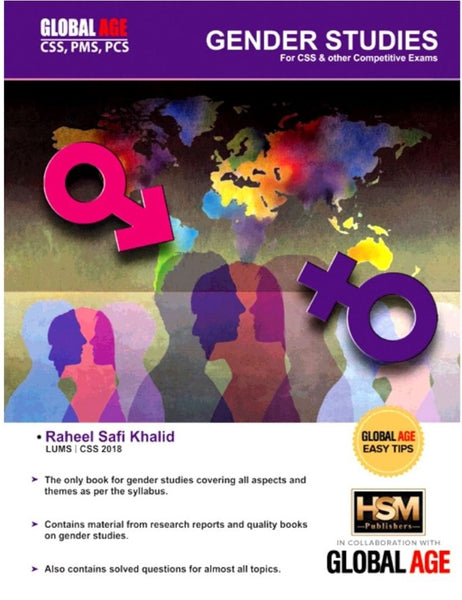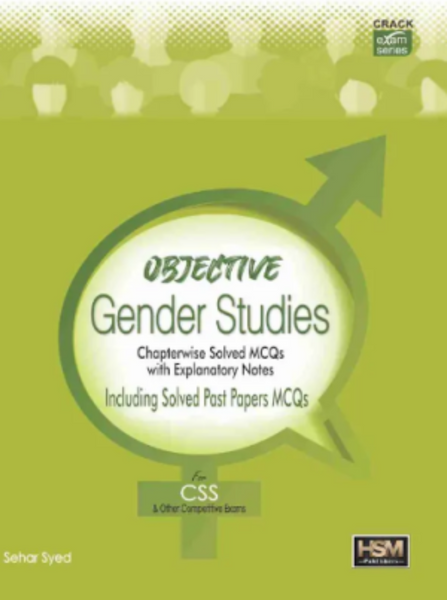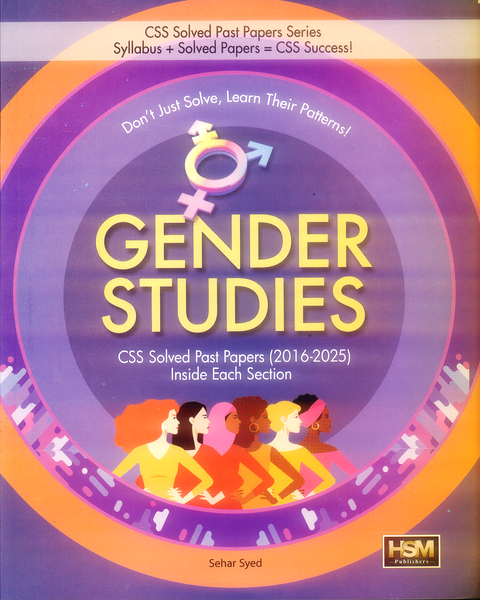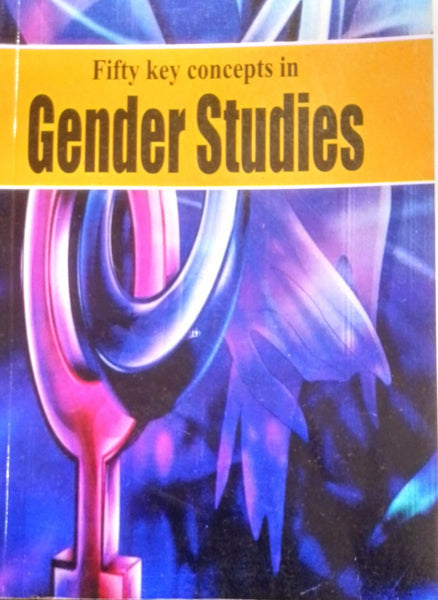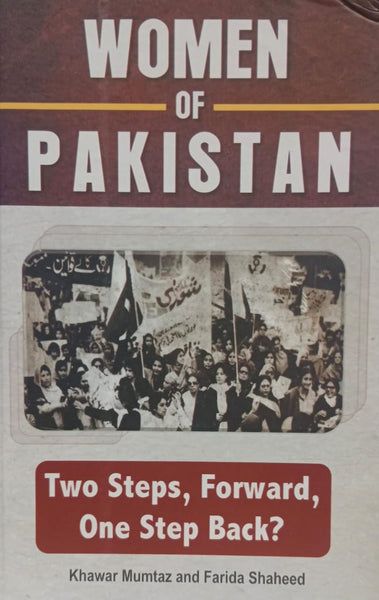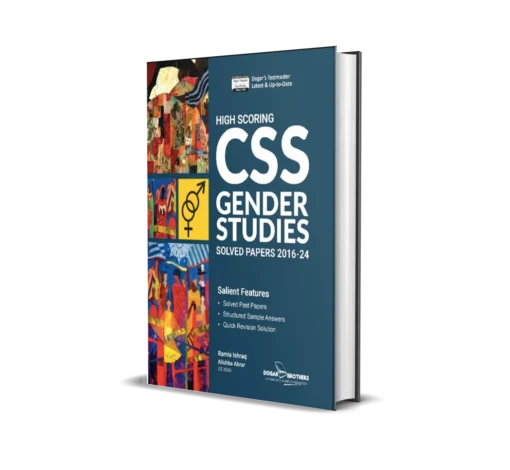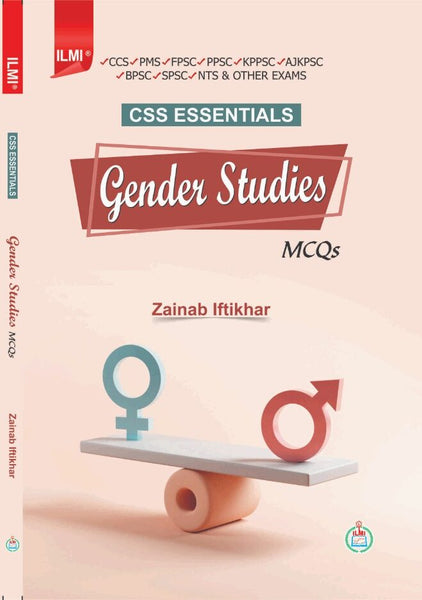Women’s Political Participation In Bangladesh By Pranab Kumar Panday
- Publisher: GENDER STUDIES
- Availability: In Stock
- SKU: 52308
- Number of Pages: 224
Rs.549.00
Rs.749.00
Tags: advocacy campaigns , affirmative action , Bangladesh , barriers , Best Price , Best Selling Books , BestBuy’s , Book Shop , civic participation , Convenient Shopping , cultural norms , electoral politics , empowerment initiatives , female politicians , feminist politics , future prospects , gender bias , gender discrimination , gender empowerment , gender inclusivity , gender mainstreaming , gender parity , gender policy , grassroots movements , historical context , inclusive governance , inclusive policies , initiatives , institutional support , Internet Shop , leadership roles , legislative representation , Online Book Shop , Online Bookshop , online bookstore , opportunities , participation , policy advocacy , political activism , political barriers , political empowerment , political engagement , political equality , political inclusion , political landscape. , political opportunities , political reforms , political representation , political strategies , Pranab Kumar Panday , reforms , representation , social justice , societal dynamics , socio-political change , stereotypes , structural barriers , women , women in politics , women leaders , women's advocacy , women's education , women's influence , women's issues , women's leadership development , women's movements , women's networks , women's organizations , women's representation , women's rights , women's rights advocacy , women's suffrage , women's voices
In "Women’s Political Participation in Bangladesh" by Pranab Kumar Panday, the author offers a comprehensive analysis of the status, challenges, and prospects of women's engagement in politics within the context of Bangladesh. Panday delves into the socio-political landscape of Bangladesh, highlighting the historical factors, cultural norms, and institutional frameworks that shape women's participation in politics. Through meticulous research and insightful observations, Panday underscores the significance of women's empowerment and their active involvement in decision-making processes for achieving sustainable development and fostering inclusive governance in Bangladesh.
Key Points:
1. Historical Context: Bangladesh's history, marked by struggles for independence and socio-political reforms, has shaped the trajectory of women's political participation.
2. Cultural Influences: Traditional gender roles and societal expectations often limit women's access to political arenas, influenced by cultural norms and patriarchal structures.
3. Legal Framework: Despite legal provisions ensuring gender equality and women's political rights, implementation remains a challenge due to social attitudes and institutional barriers.
4. Challenges Faced: Women in Bangladesh encounter various obstacles, including violence, discrimination, lack of resources, and limited representation in decision-making bodies.
5. Empowerment Initiatives: Efforts by government and non-governmental organizations aim to empower women through education, training, leadership programs, and affirmative action policies.
6. Impact of Women in Politics: Evidence suggests that increased women's participation in politics leads to enhanced governance, better policy outcomes, and greater focus on social welfare issues.
7. Role of Political Parties: Political parties play a crucial role in promoting women's inclusion, but internal dynamics often hinder genuine representation and leadership opportunities.
8. Education and Awareness: Education and awareness campaigns are essential for challenging stereotypes, promoting gender equality, and encouraging women's active engagement in politics.
9. Future Prospects: Despite challenges, there is optimism regarding the future of women's political participation in Bangladesh, fueled by grassroots movements and evolving social attitudes.
10. Recommendations for Improvement: To enhance women's political participation, strategies should focus on addressing systemic barriers, promoting gender-sensitive policies, fostering leadership skills, and ensuring meaningful representation at all levels of governance.
In conclusion, "Women’s Political Participation in Bangladesh" offers a compelling narrative on the status quo and the path forward for empowering women in the political sphere, presenting a roadmap for achieving gender equality and inclusive governance in Bangladesh.
════ ⋆★⋆ ════
Writer ✤ Pranab Kumar Panday



